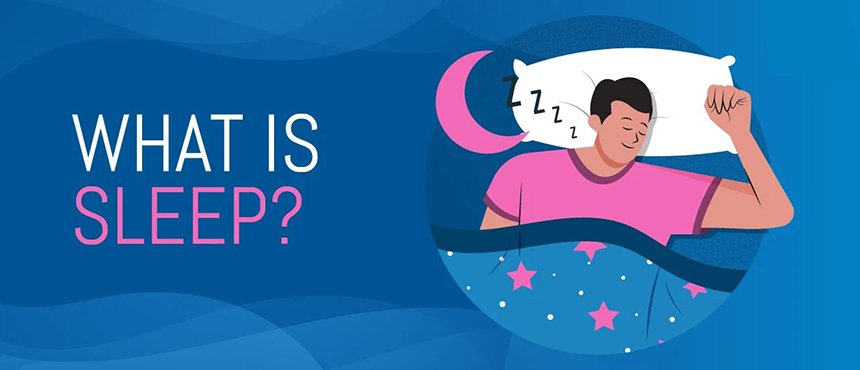
36 cross-sectional studies were analyzed in a meta-analysis, that demonstrated that getting little sleep was independently linked to gaining weight, especially in younger age groups.22 Longer wakeful times should theoretically result in increased energy expenditure and weight loss, but short sleep durations typically cause weight gain. It's been proposed that a change in physical activity and a rise in food intake mediate the strange link between human obesity and insufficient sleep. In several studies involving healthy men, sleep restriction led to an increase in food intake, which may have contributed to weight gain.23–25 Epidemiologic research looking at the relationship between diet and sleep duration has shown that eating less sleep results in higher fat intake, poorer diet quality, and irregular eating habits.
Nowadays, sleep problems have been identified as an unusual major risk factor for aberrant lifestyle choices, especially poor diet.
In studies on humans, lack of sleep causes modifications in the hormones that increase appetite and hunger, such as ghrelin. In comparison to average sleepers, short sleepers tend to have a decreased amount of leptin, greater quantities of ghrelin, and greater weight.
In addition, it has been believed that sleep quality is just as important as a factor in obesity as duration is. A study that involved 522 newly identified T2DM patients found a positive correlation between body mass index and the average number of night awakenings.

